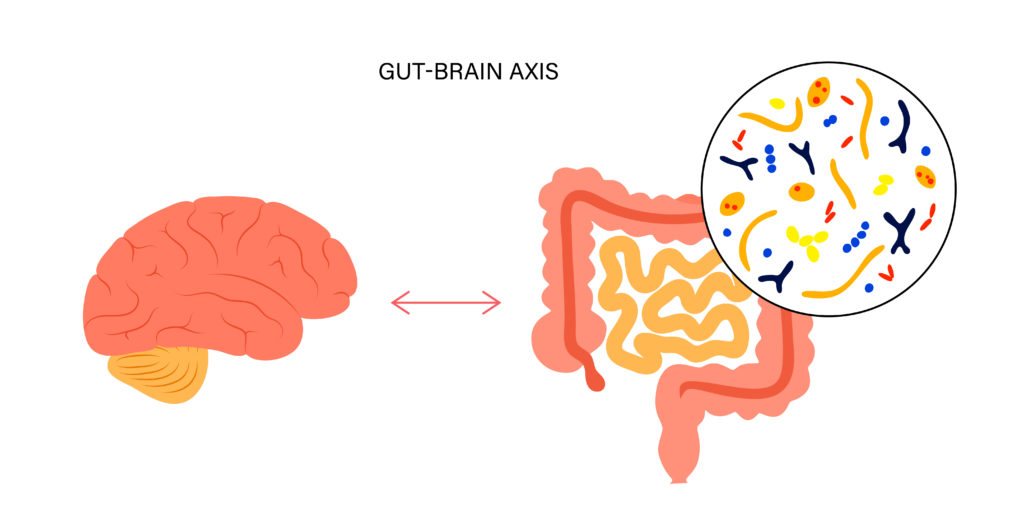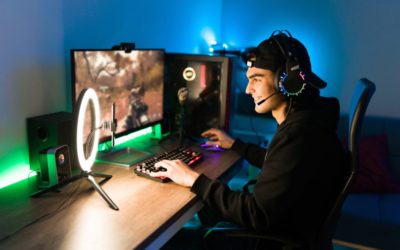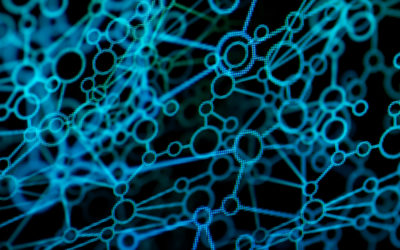Quick Hits
Daily brief research updates from the cognitive sciences

The gut-brain axis
Just after publishing the article on Serotonin and stating that the gut and brain’s serotonin systems can be considered separate entities, out comes a piece of research to show that they are not separate entities.
Indeed, it is known that there is a gut-brain connection that I have also reported on multiple times previously. But researchers are still often in the dark as to how and in what different ways the gut and brain communicate with each other. These researchers at Flinders University developed a new neural tracing technique that helped to investigate this.
They found that the enterochromaffin cells that line the gut and are known to responds to and release neurotransmitters based on stimuli from what is in the gut, communicate to nerve endings. This, through process of diffusion (they are not directly connected to the central nervous system), stimulate pathways that go to the spinal cord and brain.
This therefore strengthens our knowledge of how this happens but also to expand healthcare into more holistic and positive (and potentially more effective and cheaper ways). This suggests, you can eat yourself to better mental health, to a degree at least.

Andy Habermacher
Andy is author of leading brains Review, Neuroleadership, and multiple other books. He has been intensively involved in writing and research into neuroleadership and is considered one of Europe’s leading experts. He is also a well-known public speaker speaking on the brain and human behaviour.
Andy is also a masters athlete (middle distance running) and competes regularly at international competitions (and holds a few national records in his age category).
Reference
Kelsi Nicole Dodds, Lee Travis, Melinda A. Kyloh, Lauren A Jones, Damien John Keating, Nick J Spencer.
The gut-brain axis: spatial relationship between spinal afferent nerves and 5-HT-containing enterochromaffin cells in mucosa of mouse colon.
American Journal of Physiology-Gastrointestinal and Liver Physiology, 2022;
DOI: 10.1152/ajpgi.00019.2022
More Quick Hits
What is the Impact of Gaming on Teenage Mental Health?
Many parents might be worried that gaming will have negative impacts on their children’s mental health – not true. Or only for a small subset…
Why Children Learn More Quickly Than Adults
It might be obvious that kids learn quicker than adults – but this shows for the first time why.
Right, so artificial networks also need sleep!
We need sleep but we are biological entities – that artificial networks improve performance with sleep is pretty fascinating, and insightful.
Making Voting More Effective for Better Decisions
Most of the most important decisions made in business and society are the result of votes – but not all voting methods are equally effective…
We’re Bad at Remembering How Happy We Were
The past ain’t always better – according to this latest research at least…
100 Years of Research Reveal the Most Effective Methods for Learning
New technologies, new research? No, the old methods are the best, and it’s surprisingly simple.






